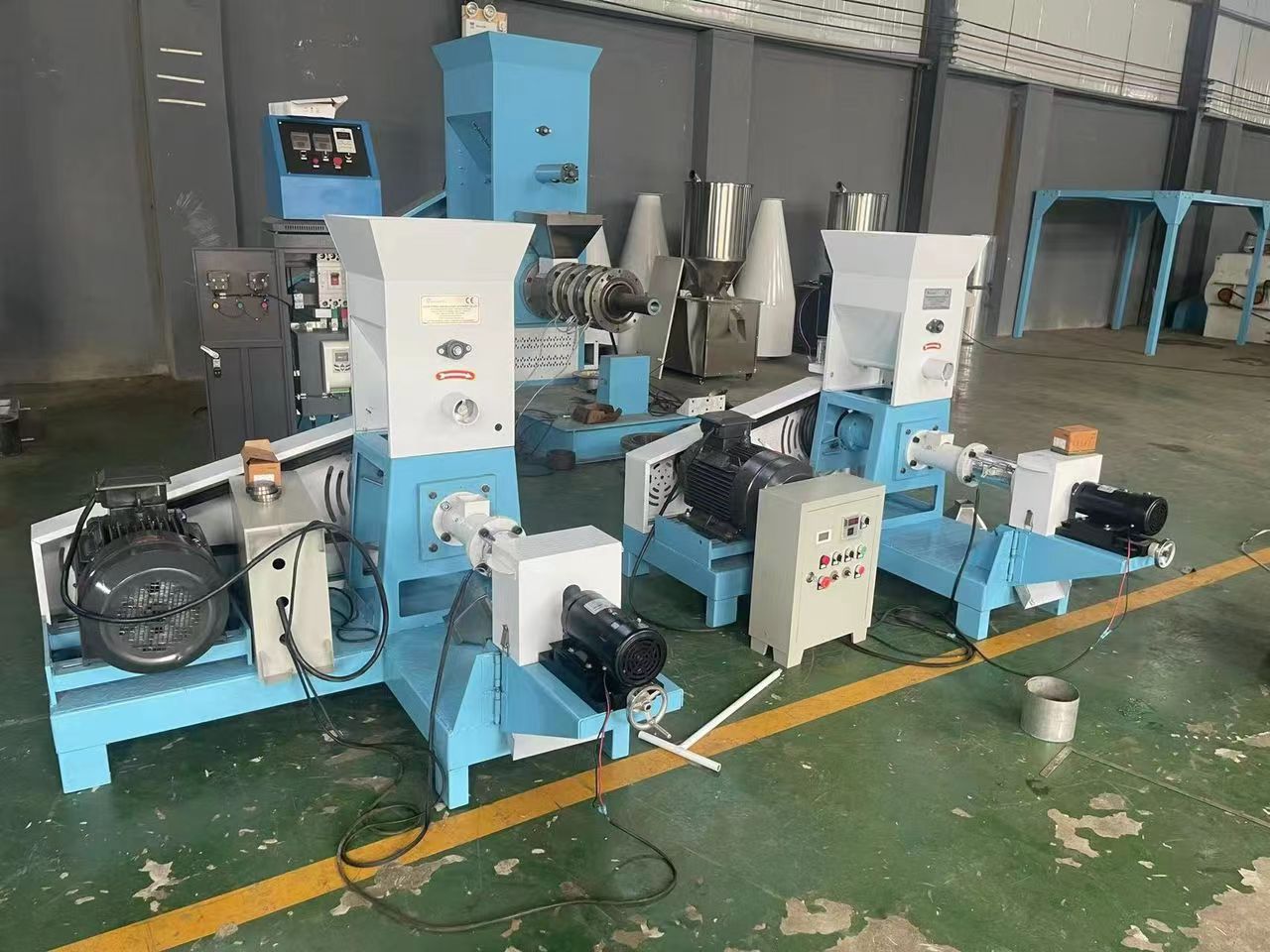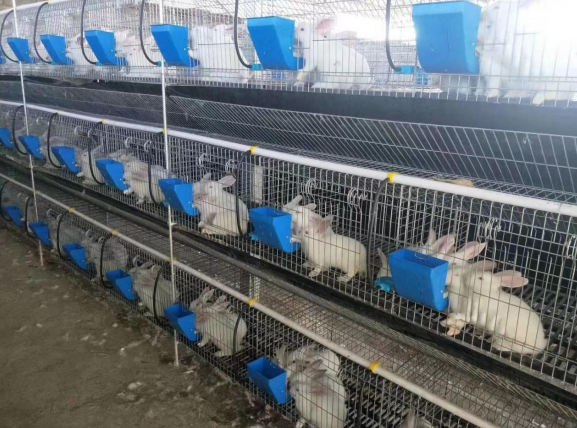small cage for chicken
3 月 . 04, 2025 08:56 Back to list
small cage for chicken
Choosing the right small cage for chickens is an intricate process that many overlook. Small cages are crucial for efficient poultry farming, especially for backyard chicken enthusiasts or those just starting out with a smaller scale operation. Finding a cage that maximizes space while ensuring the chickens' well-being is essential. Here, we delve into several aspects of small chicken cages that will illuminate your buying decision.
Portability and Flexibility For enthusiasts who wish to frequently relocate their chickens to fresh grass, lightweight cages with wheels offer significant advantages. Portability ensures chickens can be moved easily without the need for manual lifting, reducing stress on the flock. Moreover, modular cage designs give chicken owners the flexibility to expand or reconfigure setups according to flock size demands or landscape changes. Health and Welfare Considerations Beyond physical aspects, incorporating elements that cater to the mental and physical health of chickens is crucial. Features like perches and nesting areas help stimulate natural behaviors, lowering stress and increasing productivity in egg-laying hens. Dust baths, included as part of or adjacent to the cage, allow chickens to partake in their natural cleaning processes, keeping parasites at bay. Environmental Impact Selecting a cage with an eye on environmental impact is increasingly important. Opt for cages produced from recycled materials, and consider the sustainability of the manufacturing process. Environmentally friendly options not only satisfy personal ethical standards but also tend to include innovations that improve the life quality of the birds housed. Investing in a high-quality, small chicken cage requires careful consideration of all these factors to ensure you not only meet the needs of your chickens but also streamline operation efficiency and longevity. By focusing on durability, design, and thoughtful accommodations for health and security, you will be able to cultivate a healthy, contented flock that thrives under your care.


Portability and Flexibility For enthusiasts who wish to frequently relocate their chickens to fresh grass, lightweight cages with wheels offer significant advantages. Portability ensures chickens can be moved easily without the need for manual lifting, reducing stress on the flock. Moreover, modular cage designs give chicken owners the flexibility to expand or reconfigure setups according to flock size demands or landscape changes. Health and Welfare Considerations Beyond physical aspects, incorporating elements that cater to the mental and physical health of chickens is crucial. Features like perches and nesting areas help stimulate natural behaviors, lowering stress and increasing productivity in egg-laying hens. Dust baths, included as part of or adjacent to the cage, allow chickens to partake in their natural cleaning processes, keeping parasites at bay. Environmental Impact Selecting a cage with an eye on environmental impact is increasingly important. Opt for cages produced from recycled materials, and consider the sustainability of the manufacturing process. Environmentally friendly options not only satisfy personal ethical standards but also tend to include innovations that improve the life quality of the birds housed. Investing in a high-quality, small chicken cage requires careful consideration of all these factors to ensure you not only meet the needs of your chickens but also streamline operation efficiency and longevity. By focusing on durability, design, and thoughtful accommodations for health and security, you will be able to cultivate a healthy, contented flock that thrives under your care.
Latest news
-
Battery Layer Cage Systems With Automatic Feeding Machine
NewsMar.07,2025
-
Hot Selling Multi Function Vacuum Packaging Machine
NewsMar.07,2025
-
Chicken scalder plucker machine for sale poultry scalder chicken plucking machine
NewsMar.07,2025
-
Egg Tray Making Machine 1000, 2000, pulp molding machine
NewsMar.07,2025
-
Automatic Feeding Line System Pan Feeder Nipple Drinker
NewsMar.07,2025
-
cage layer chicken
NewsMar.07,2025






